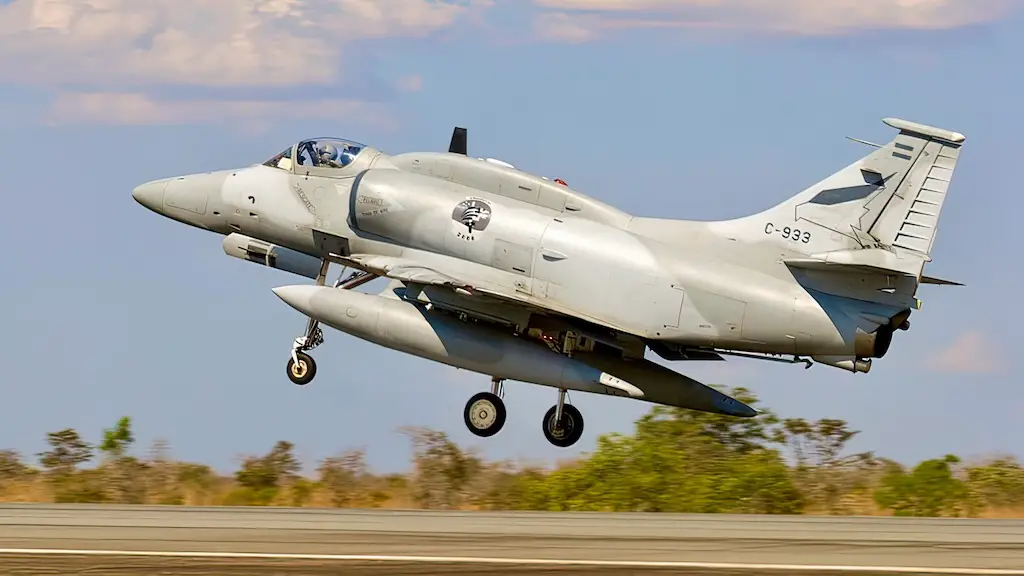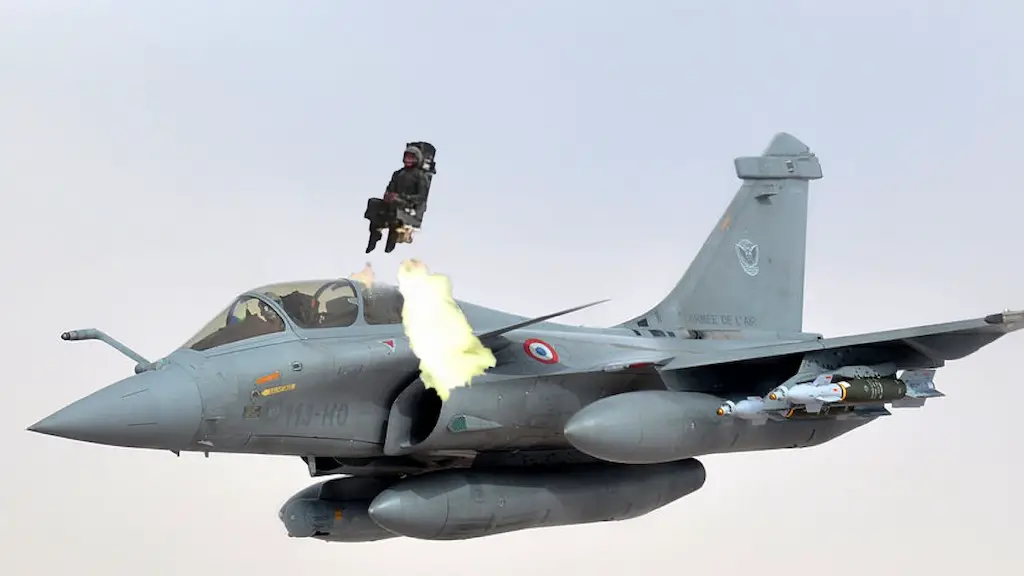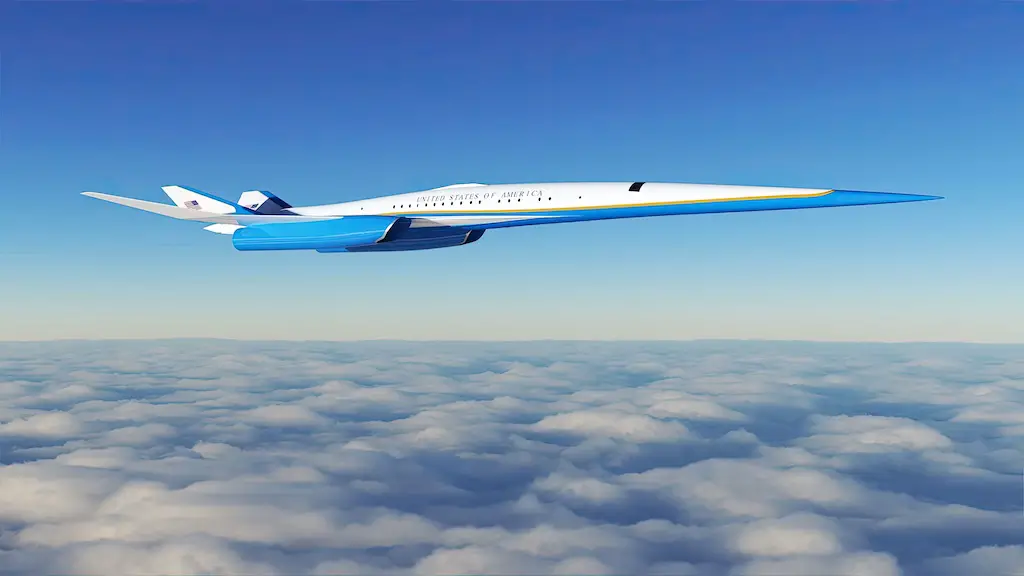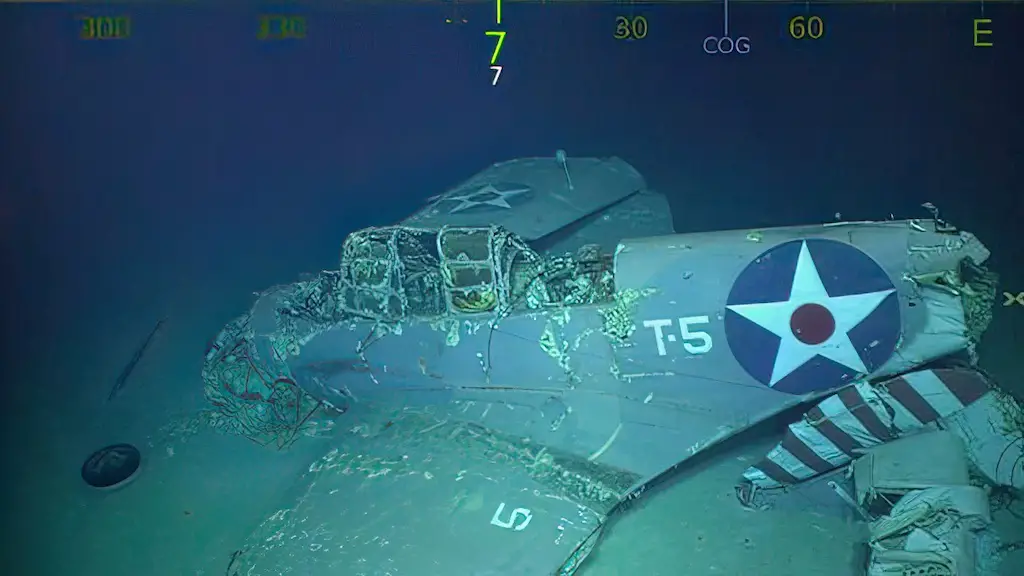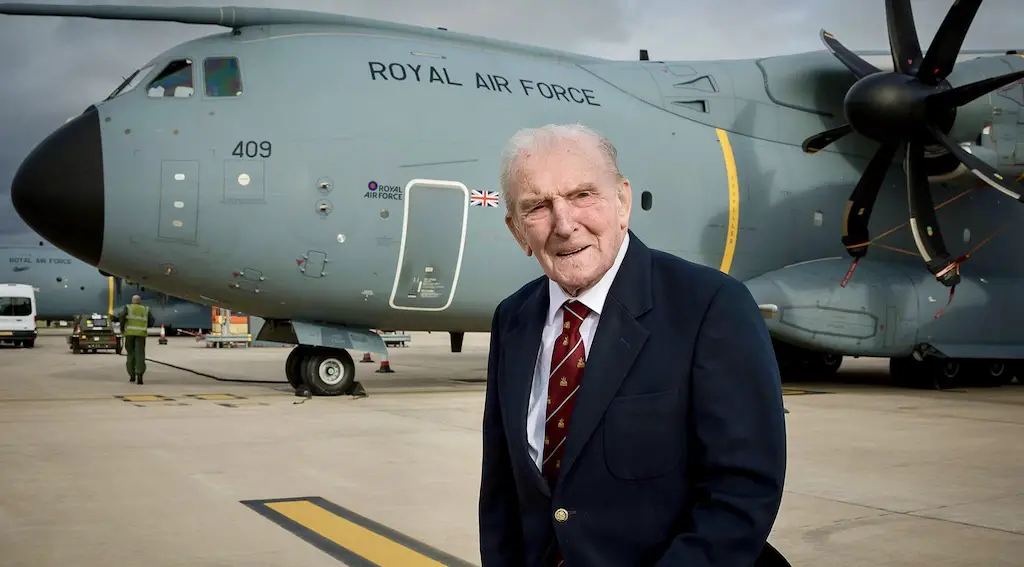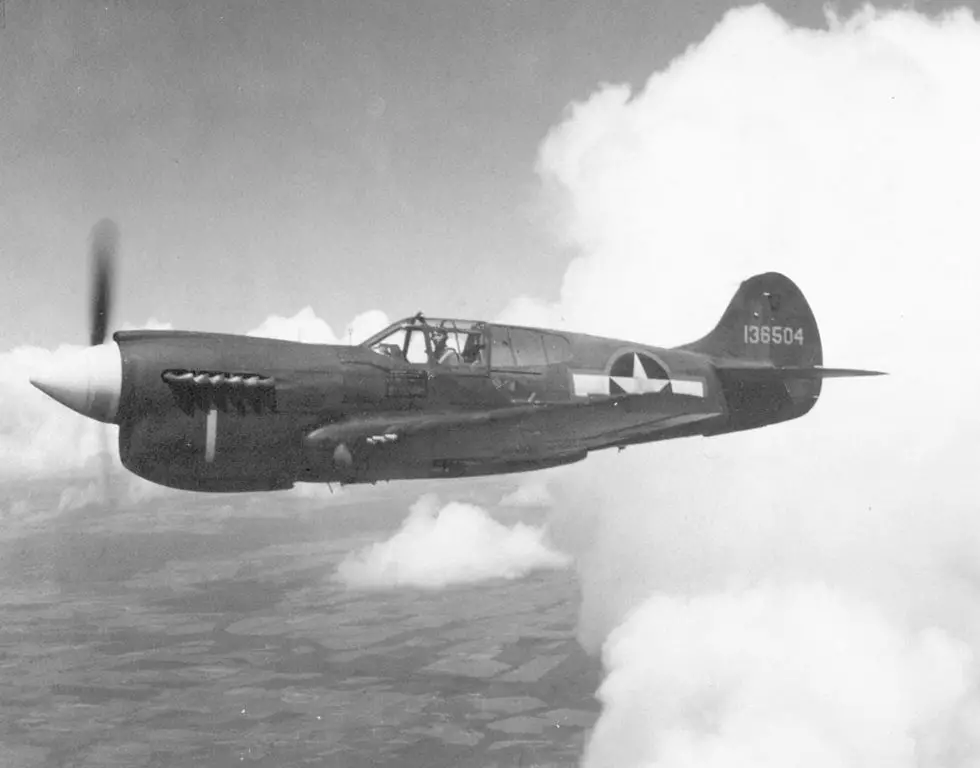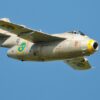Lost and Forgotten
The crashed RAF P40 Kittyhawk was discovered in 2012 in a ‘time capsule’ in the Sahara Desert. This rare World War II fighter that has been lost and forgotten serves as a somber memorial to its deceased pilot. The aircraft has been described as the “aviation equivalent of Tutankhamun’s Tomb.”
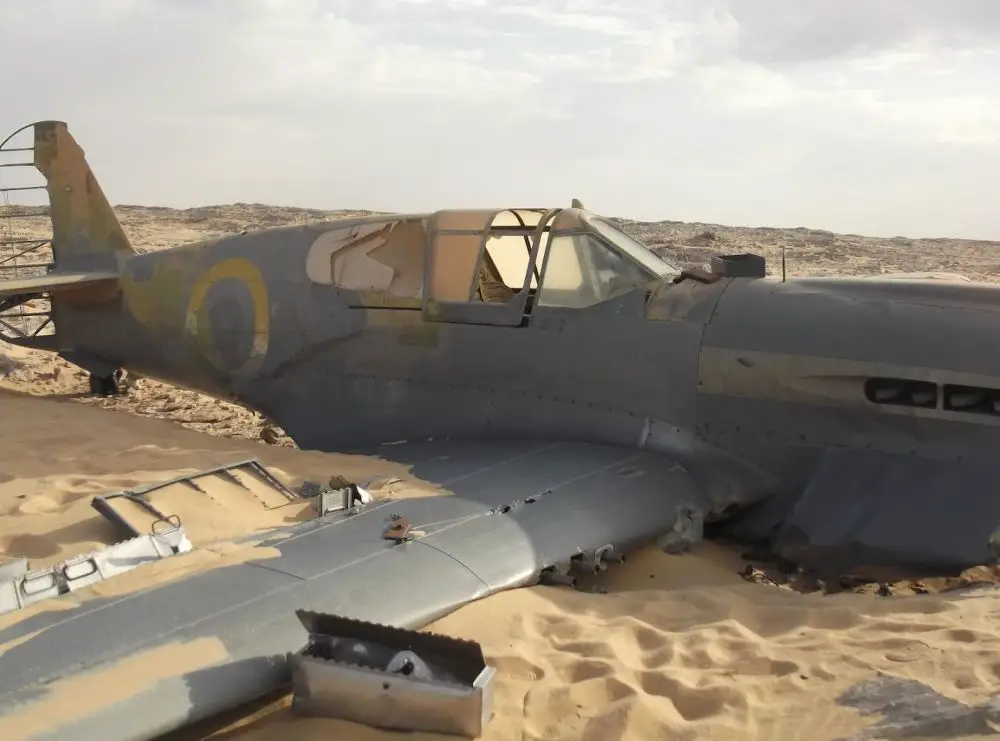
Flt Sgt Dennis Copping of the RAF was flying a damaged P-40 Kittyhawk between two British airfields in Egypt on June 28, 1942, for maintenance and repairs. However, the Kittyhawk never made it to its intended location, and for 70 years, both the aircraft’s whereabouts and the fate of its 24-year-old pilot were unknown.
During an expedition in Al Wadi al Jadidi in May 2012, 200 miles from the nearest town, Polish oil company employee Jakub Perka discovered a crash-landed P-40 aircraft. The entire plane was relatively undamaged and had not been disturbed in that isolated area; a temporary shelter had been built outside the plane using a parachute.
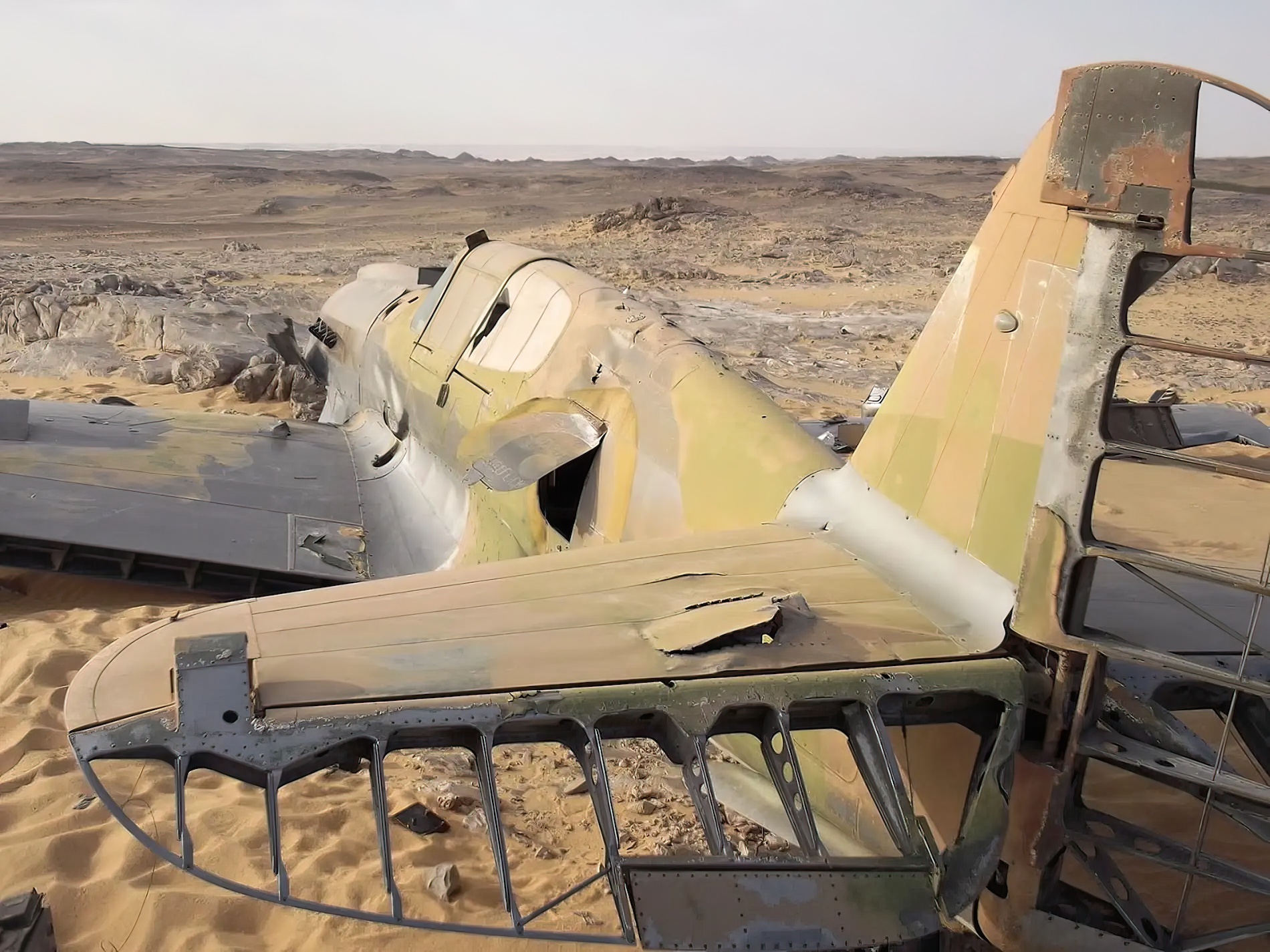
What Happened To The Pilot?
The pilot’s remains were not present. Perka took pictures of the location and got in touch with the Egyptian military, who quickly seized the weapons and ammo of the fighter plane for security concerns. Turns out it was a good idea… Locals started disassembling the plane for scrap metal shortly after its discovery was revealed.
When flying the damaged Kittyhawk to another airbase for repair, Flight Sergeant Copping, a member of a fighter unit stationed in Egypt during the North African battle against Rommel, is thought to have become disoriented. All that is known about him is that he veered off course and vanished without a trace.
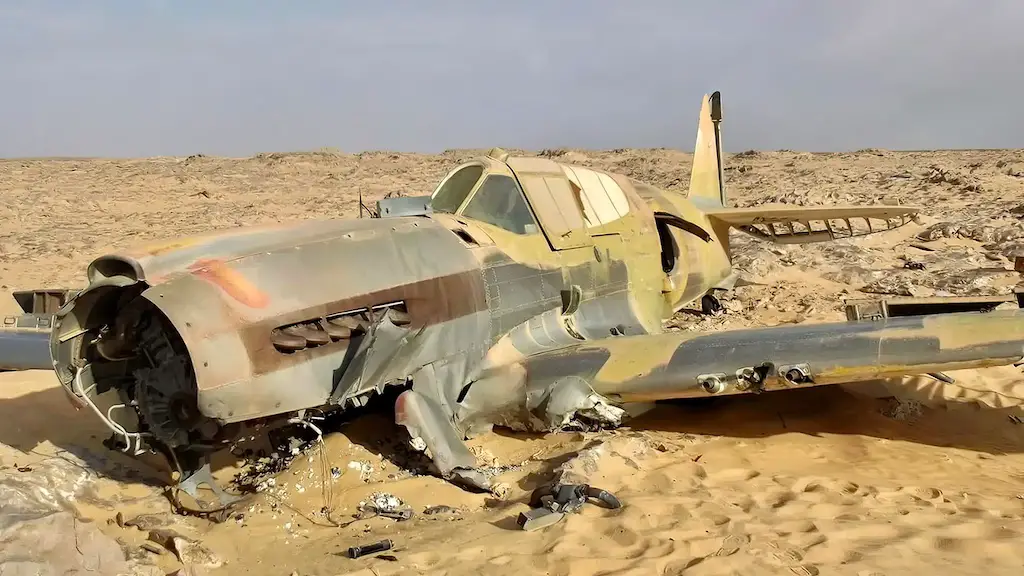
He is said to have attempted to walk 20 miles to safety in the 120°F heat, but he is not believed to have made it that far. The pilot’s family, however, asserts that the Ministry of Defense declared the remains not to be those of the missing airman. In fact, within three miles of the crash, human bones were discovered. Since it has been determined that the bones were never located or examined, it is still possible that they belong to Flight Sergeant Copping.
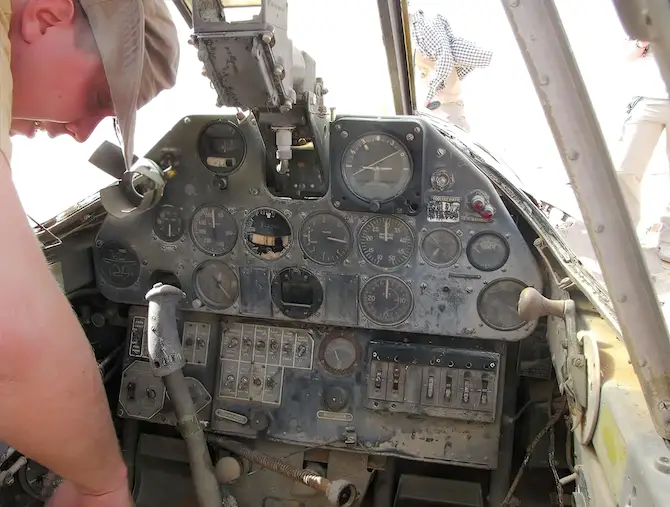
Where’s The Aircraft Now?
Allegedly the RAF Museum made a deal with the Egyptians to deliver them an authentic Spitfire from their collection in exchange for a Second World War RAF Kittyhawk P40 that was discovered intact 70 years after it went down in the Sahara Desert. But as the political upheaval in Egypt hampered talks to bring the Kittyhawk back to Britain, the museum has admitted they may have lost the Spitfire with nothing to show for it.
In the summer of 2012, they assigned a private salvage business the mission of traveling to Egypt and protecting the aircraft from scavengers. As exchange for the work, they gave Kennet Aviation the Spitfire, one of only 110 still flying in Britain and donated to the museum by the Ministry of Defence in 1998.

A crew from Kennet, located in Essex, was permitted to recover the aircraft. They secured it in a shipping container and transported it to El Alamein, the location of the fight that saw the Allies defeat Germany for the first time in World War Two. Since then, the nation was engulfed in political unrest, and the Kittyhawk is not a top priority for the Egyptian government.

